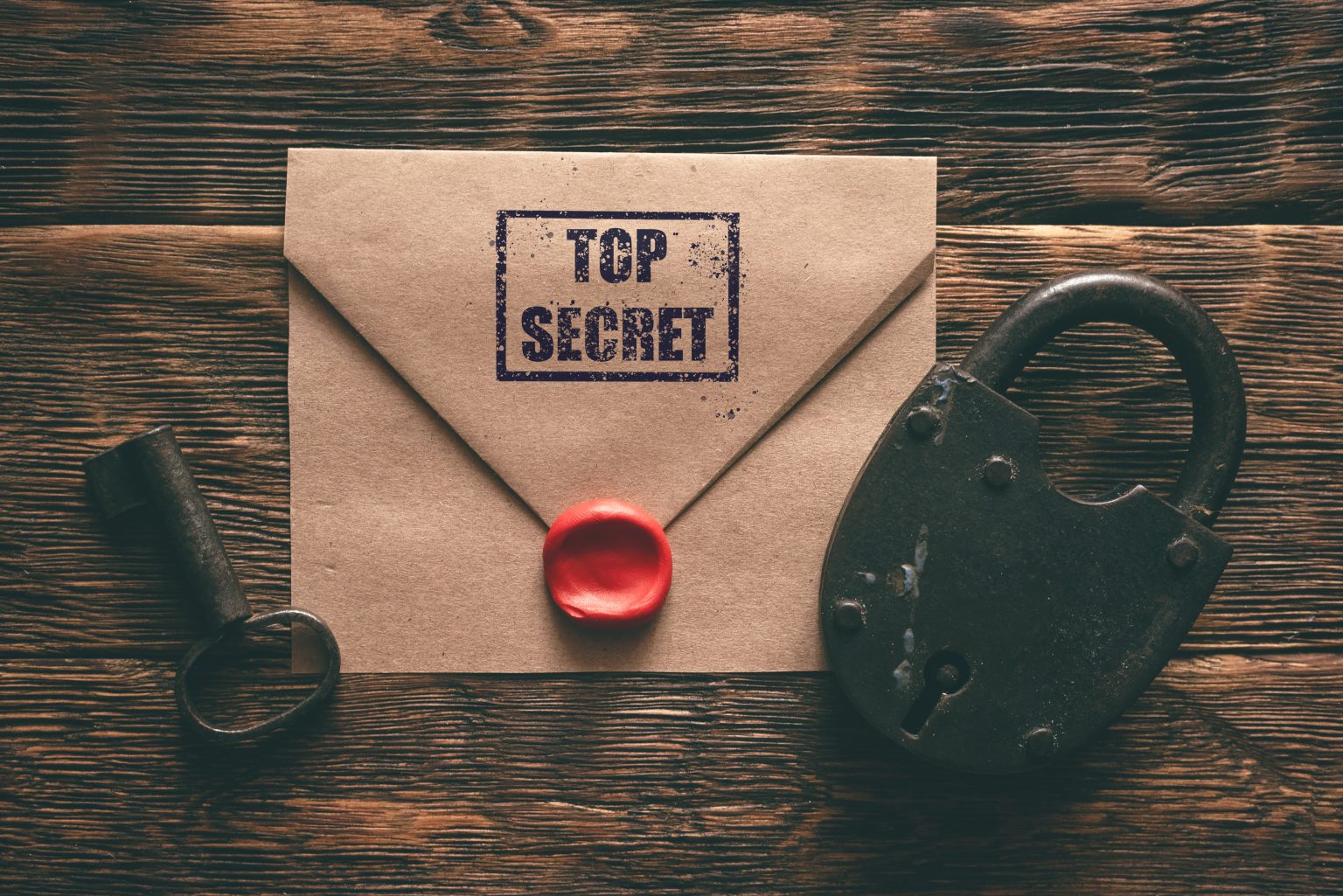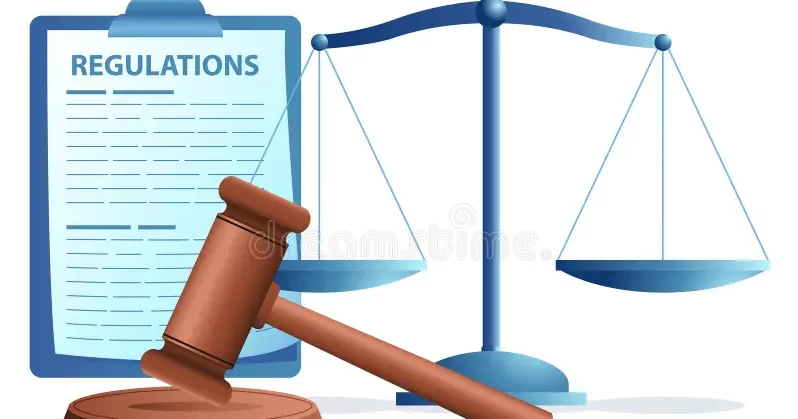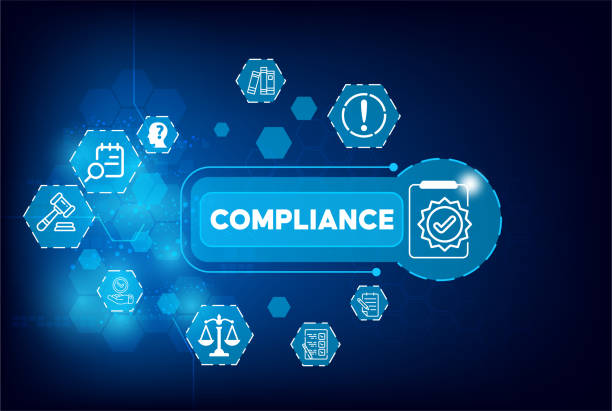Hello there! Today, we’re diving into a topic that might sound a bit dry, but trust me, it’s as juicy as gossip at a village market. We’re talking about confidentiality agreements, or as we might casually call them, “keep-your-mouth-shut” contracts.
Why You Need to Know About This
Whether running a small shop, a tech startup, or even working for a big corporation, chances are that you’re dealing with sensitive information. From your secret family recipe to the groundbreaking tech industry, protecting your ideas is crucial. That’s where these agreements come into play.
The Nigerian Context
Nigeria is a land of opportunities, brimming with creativity and innovation. But with great ideas come great risks. We’ve all heard stories of brilliant minds whose inventions were stolen or businesses whose secrets were leaked. To prevent this, confidentiality agreements are becoming increasingly important.
Consider this: our tech scene is booming, with startups popping up everywhere, each with unique selling points. In the oil and gas industry, billions of naira are at stake. And let’s not forget our financial institutions, handling our hard-earned money. All these sectors rely on keeping information confidential.
What’s in a Confidentiality Agreement?
A confidentiality agreement is a legal contract that says, “Hey, you promise not to share my secrets.” It outlines what information is considered confidential, how long you need to keep it secret, and what happens if you break your promise.
The Legal Jargon
When drafting a confidentiality agreement in Nigeria, you need to consider a few things:
Jurisdiction: This refers to the laws that will govern the agreement. Will it be Nigerian law or something else? This is crucial because it determines where disputes will be settled.
- Enforcement: Let’s be real, our legal system isn’t the fastest. So, it’s important to include clear consequences for breaking the agreement. Arbitration clauses can help speed things up.
- Compliance: We have laws like the Nigerian Data Protection Regulation (NDPR) to protect personal information. Your confidentiality agreement should align with these laws.
Common Mistakes and How to Avoid Them
Even the best-laid plans can go wrong. Here are some common pitfalls to watch out for:
- Overly broad agreements: Don’t try to protect everything under the sun. Be specific about what information is confidential.
- Vague language: Avoid unclear terms. The more specific you are, the better your chances of enforcing the agreement.
- Ignoring the local context: Tailor the agreement to the Nigerian business environment. Consider cultural nuances and local legal practices.
Getting Help
Drafting a confidentiality agreement can be tricky. It’s always a good idea to consult with a Nigerian lawyer who specializes in this area. They can help you create a contract that protects your interests while complying with local laws.
The Future of Confidentiality in Nigeria
As our economy grows and becomes more sophisticated, the importance of protecting confidential information will only increase. Nigerian businesses need to stay ahead of the curve and adopt best practices.
So, there you have it! Confidentiality agreements might not be the most exciting topic, but they’re undoubtedly important. By understanding the basics and seeking legal advice, you can protect your valuable assets and build a successful business.
Until next time, keep your secrets safe!
Disclaimer: While this blog post provides general information, it’s not a substitute for legal advice. It’s always recommended to consult with a lawyer for specific legal counsel










